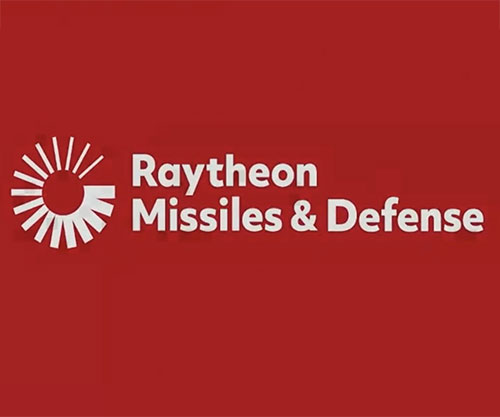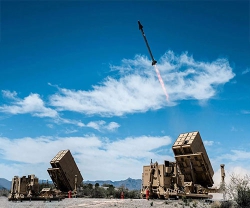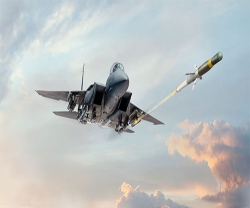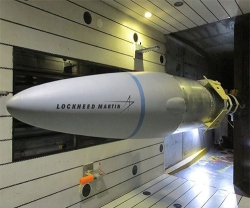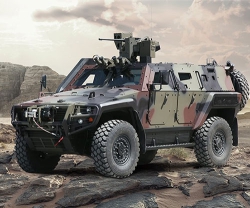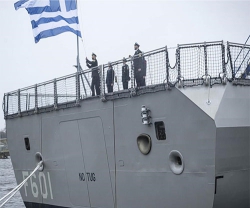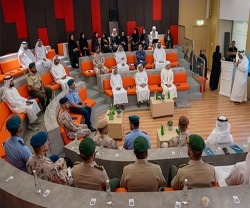During a demonstration off the Coast of Kauai, Hawaii, Japan's Maritime Self-Defense Force successfully intercepted short and medium-range ballistic missile targets with SM-3® Block IB and SM-3 Block IIA interceptors, both made by Raytheon Missiles & Defense, a Raytheon Technologies business.
This is the first time a non-U.S. maritime service intercepted targets with both variants of interceptors and it is the first time a Japanese ship fired SM-3 Block IIA. The demonstration was conducted in partnership with the U.S. Missile Defense Agency (MDA).
“This demonstration reinforces that partners now have greater capability with the Standard Missile family of interceptors,” said Tay Fitzgerald, President of Strategic Missile Defense at Raytheon Missiles & Defense.
“Allies who use SM-3 can now cooperate more fully with the United States on ballistic missile defense missions,” she added.
The multi-day Japan Flight Test Aegis Weapon System-07 included engagements of ballistic missile targets with SM-3 and a next generation subsonic aerial target with SM-2 Block IIIB.
In support of the U.S.-Japan SM-3 Block IIA Cooperative Development (SCD) Project, Japanese industry and Raytheon Missiles & Defense cooperatively designed and built the SM- 3 Block IIA variant, the world's most advanced sea-land ballistic missile defense interceptor.
In contrast to earlier SM-3 versions, Block IIA's larger rocket motors and increased kill vehicle capabilities allow for significantly greater range and performance against advanced missile threats.
Raytheon Missiles & Defense brings global customers the most advanced end-to-end solutions delivering the advantage of one innovative partner to detect, track, and intercept threats.
With a broad portfolio of air and missile defense systems, precision weapons, radars, command and control systems and advanced defense technologies Raytheon Missiles & Defense solutions protect citizens, warfighters and infrastructure in more than fifty countries around the world.

